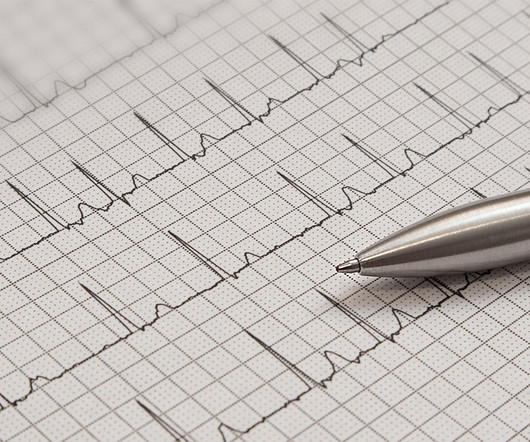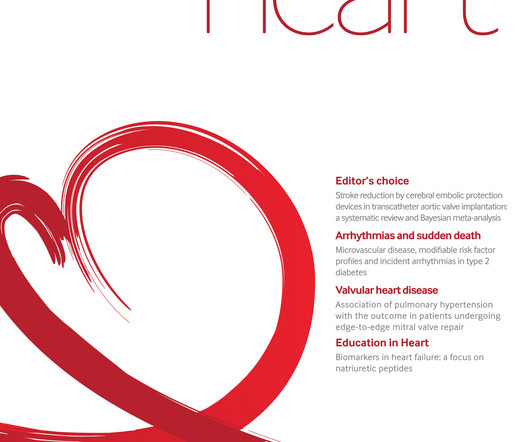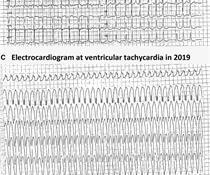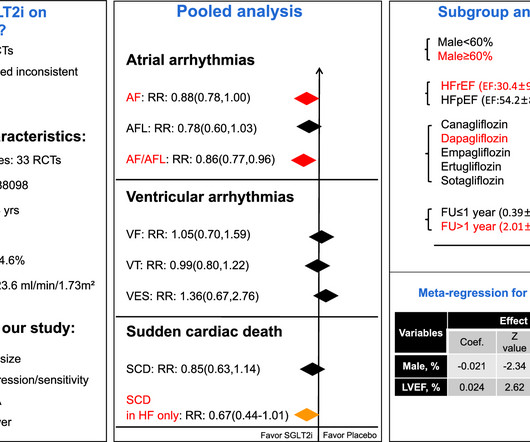New therapeutic target for cardiac arrhythmias emerges
Science Daily - Heart Disease
OCTOBER 4, 2024
Researchers identified a lipid that is involved in regulating cardiac ion channels, providing insights into possible mechanisms of cardiac arrhythmias in heart failure and a potential pathway for future therapeutic development.














































Let's personalize your content